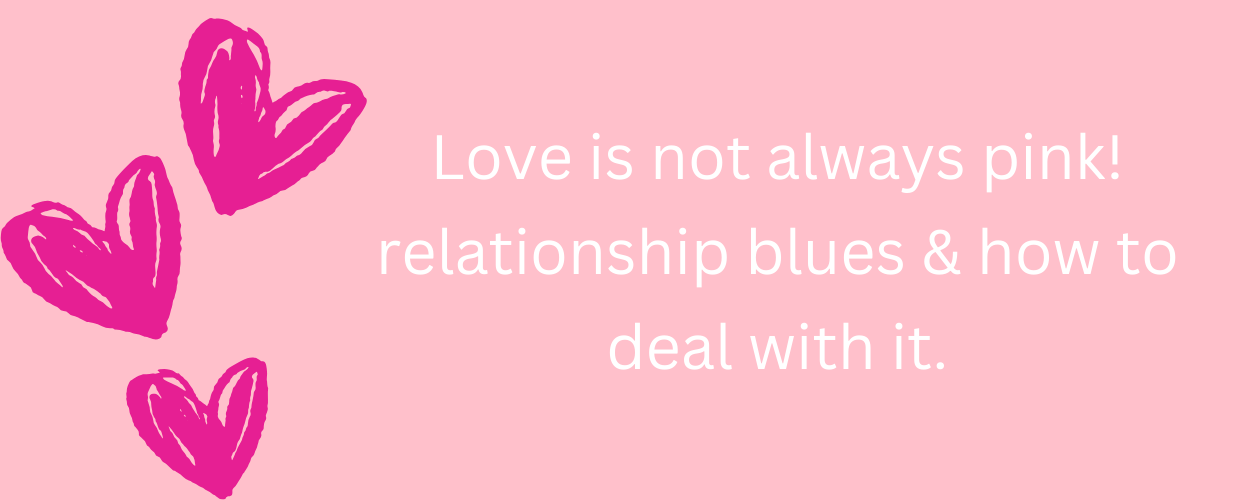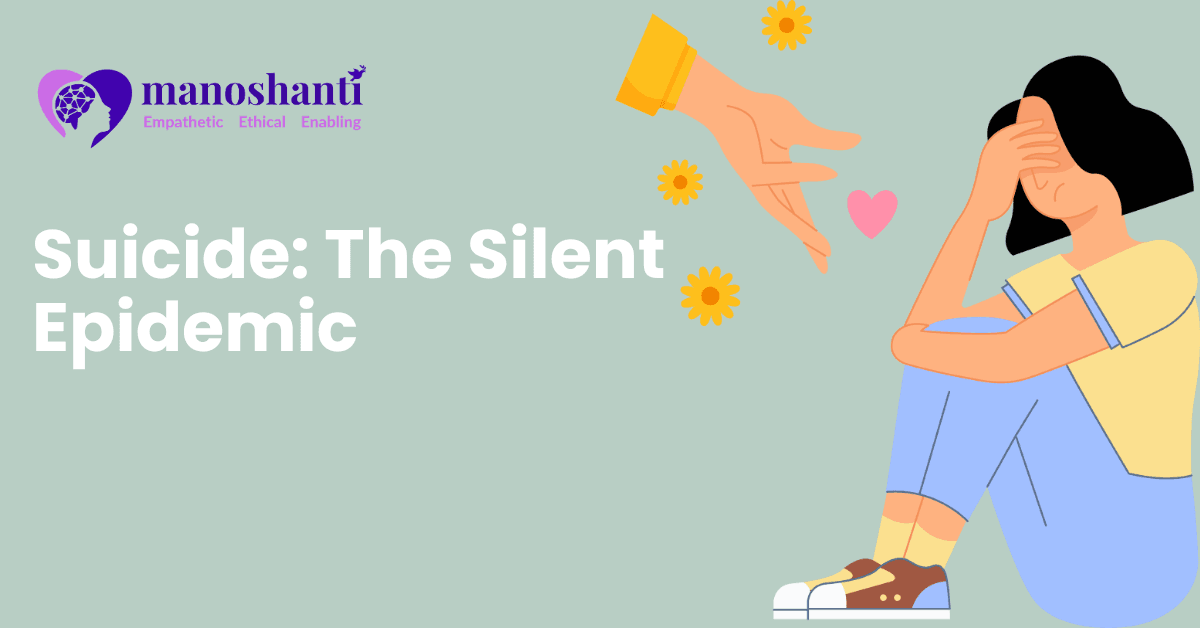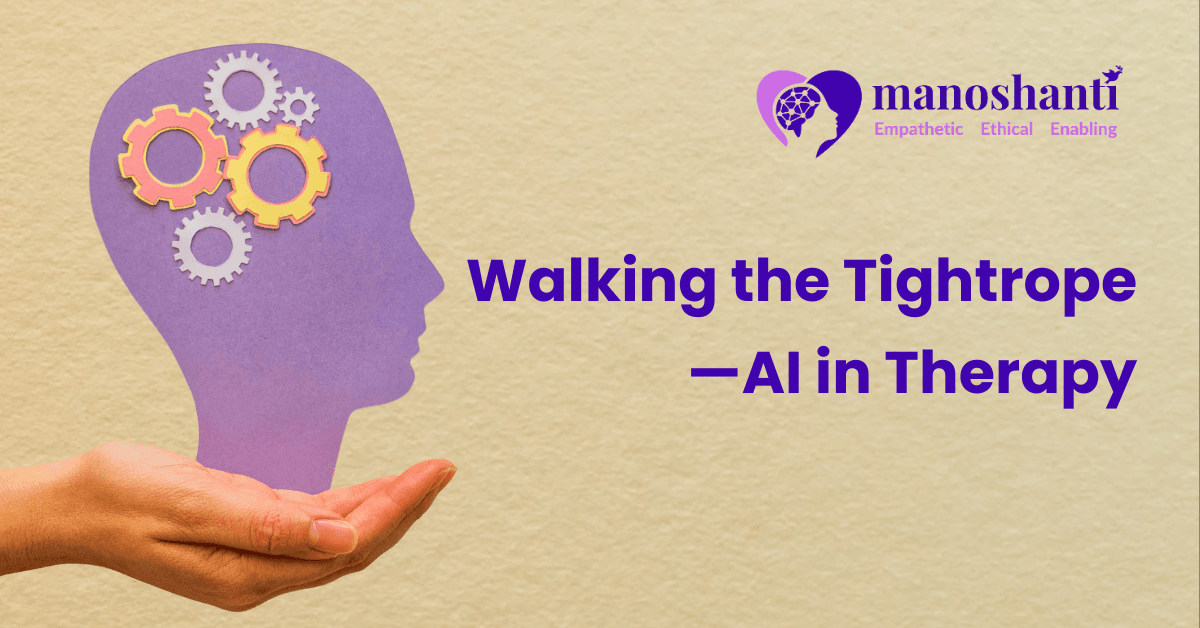Mr. A is a 30-year-old IT professional. He got married last year after being in a relationship for eight years. They had a loving relationship; however, things began to deteriorate after marriage. Around the same time, Mr. A changed his job, which did not turn out as expected. He was dissatisfied with himself. The work began to feel like a burden, and he lost interest in everything. He became aloof, less communicative, and gave less time to the relationship. He had lost his libido. He started becoming irritable, leading to frequent arguments with his wife. She began to feel that he was not interested in the relationship, and eventually, after nine months, she started living separately from him. Mr. An approached manoshanti for help at this point. A detailed clinical and psychological evaluation revealed Mr. A was suffering from clinical depression. He started on medication and Cognitive Behavior Therapy. After around three weeks, he began to feel an improvement in his mood and regained his zest for life. At this point, the doctors involved his spouse in the counseling process, getting her to understand how his change in behavior since marriage was a symptom of depression and did not mean that he had lost interest in her. The couple are now back together in the process of rediscovering their love for each other.
Love is in the air! Every human being seeks long-lasting relationships as a source of companionship and comfort. The attraction for another person involves a physical and emotional connection. Brain chemicals that regulate emotions, such as love and trust, build this connection.
However, not all relationships last the distance. There has been a 350% increase in divorce rates in India over the last two decades. A significant reason for this is changing attitudes and perceptions about each other, taking relationships for granted, and a breakdown in healthy communication.
In our experience, many couples seeking counselling to improve their relationship have an underlying undiagnosed depression. Diagnosing and treating depression helps to enhance the quality of the relationships and resolve issues. But how does the blues of depression impact a relationship?
People with depression have a core problem of loss of pleasure in activities. Therefore, routine activities do not make them feel good and are irregular in their routine. The sadness and loss of interest extend to personal relationships, where they do not feel like being with family and close friends. People with depression have difficulty connecting with their family and friends and slowly isolate themselves. They avoid social situations and eventually drift away from the family. This situation worsens when they do not disclose their feelings and the partner cannot understand the behavior change. A loss of libido often accompanies depression. The partner may misinterpret these symptoms to mean a loss of interest in them or, worse still, as signs of an extramarital affair. Significant problems in marital relationships arise because either partner has emotional disturbances, leading to impaired response and poor adaptability to the relationship. Therefore, evaluating couples seeking help for emotional problems by qualified mental health professionals is essential. Medications and psychotherapy can help depression when identified. Couple counseling alone is seldom successful unless underlying emotional disturbances are identified and treated.
Some signs of emotional disturbances to identify with partner
- Being aloof and less communicative
- Loss of interest in everyday activities
- Feeling easily fatigued
- Loss of sexual desire
- Irritable, snappy mood
- Sleep and appetite disturbances (either reduction or increase)
- Increase the use of substances to cope with the situation





